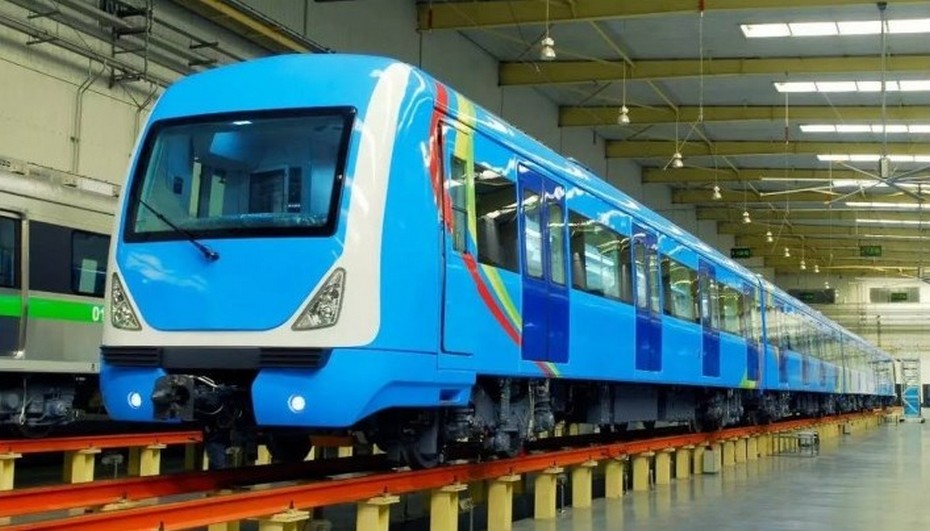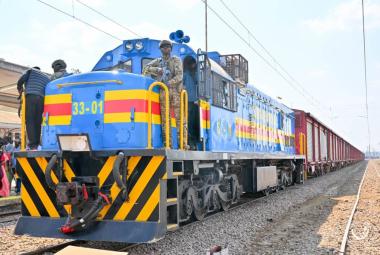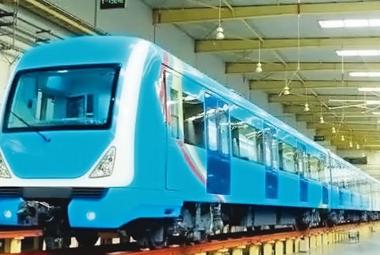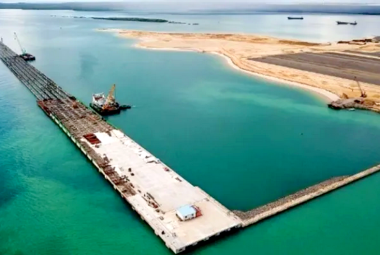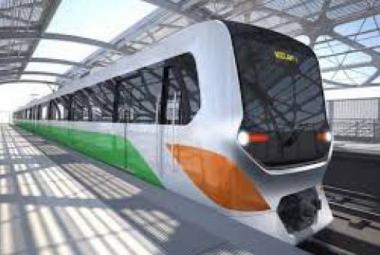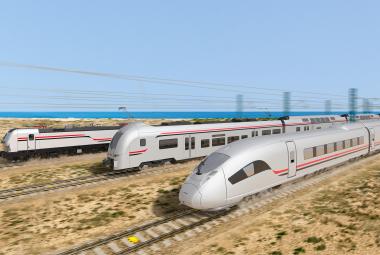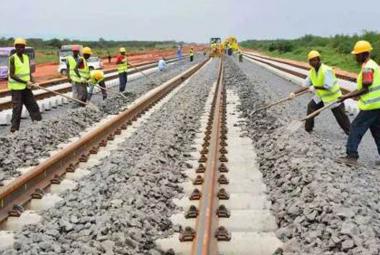It is thanks to the support of several financial institutions and in particular the French Development Agency (AFD) that the city of Lagos has set up its train. With this integrated multimodal transport system, being a melting pot for all modes of transport, it will further relieve traffic congestion in the former capital of Nigeria famous for its traffic jams.
For Babajide Sanwo-Olu, the Governor of Lagos State, the task was not easy: "The construction of the Blue Line was one of the most difficult projects that the state has ever undertaken, considering given the many problems we had to overcome. To get to this point, we have had disruptions and delays in moving undersea cables, undersea gas pipelines, and removing undersea shipwrecks. The underwater geological conditions are complex, which makes construction in the lagoon extremely difficult. On several occasions, barges collided with the trestle supporting our construction activities as the COVID-19 outbreak, and the long cycle of transporting imported equipment and materials also contributed to delays in the rapid completion of the railway project”.
He had promised the completion of the infrastructure during the last quarter of 2022, before the start of passenger operations scheduled for the first quarter of 2023. And he can now rub his hands. By launching the commissioning of the Lagos Blue Line in the presence of many other guests, the various personalities present who made the first journey on board this train could not have dreamed of better. The train operates using a unified electronic payment system, Cowry Card, which is currently the means of payment on regulated Lagos City bus and ferry services.
The commercial services of its rail network will soon be operational. After receiving the first infrastructure and cars, everything is falling into place. Moreover, the first tests of the first phase were inaugurated on December 21, 2022. Following this, two new trains were received on Monday January 9, 2023 and the deployment of on the Blue Line will thus continue with the gradual arrival of the fleet of trains to be operated on the network.
The Blue Line is one of the 7 lines of the Lagos Rail Mass Transit (LRMT) urban train project, which will serve downtown Lagos and its suburbs. It extends over a section of 13 km and connects Marina to Mile 2. Work is planned to extend the infrastructure to Okokomaiko, in order to reach a total length of 27 km.
The LRMT project aims to carry out a modal transfer of urban road traffic to rails by 2032, in order to relieve congestion on the city's roads. They experience endless traffic jams on a daily basis which affect mobility.
The Lagos Rail Transit Blue Line is one of the six rail lines and monorail prescribed for Lagos in the state's Strategic Transportation Master Plan (STMP).
The LRMT Blue Line is a 27 kilometer rail system connecting Marina to Okokomaiko. The construction, divided into phases to facilitate implementation, is expected to move more than 500,000 passengers when the entire line is completed.
Governor Babajide Sanwo-Olu, who was accompanied by his Deputy, Dr. Obafemi Hamzat, Speaker of the Lagos State Assembly, Mudashiru Obasa, members of the State Executive Council, Captains of Industry, stakeholders, said among others, “This milestone in the development of Lagos Rail Mass Transit is the culmination of several impactful reforms in the transport ecosystem of Lagos State, starting in 1999, at the dawn of the Fourth Republic, when Asiwaju Bola Tinubu took office as Governor".
The Governor of Lagos State, Babajide Sanwo-Olu, particularly thanked the Central Bank of Nigeria (CBN) and other partners such as the CBN's Differentiated Treasury Reserves (DCRR) for enabling Fidelity, Sterling and Access banks to pool their resources to provide credit financing for the completion of this first phase of the Blue Line. And he added: “I am happy to announce that we will make Marina an integrated exchange point, with the support of the French Development Agency (AFD)”.
By Daniel Yaoni



